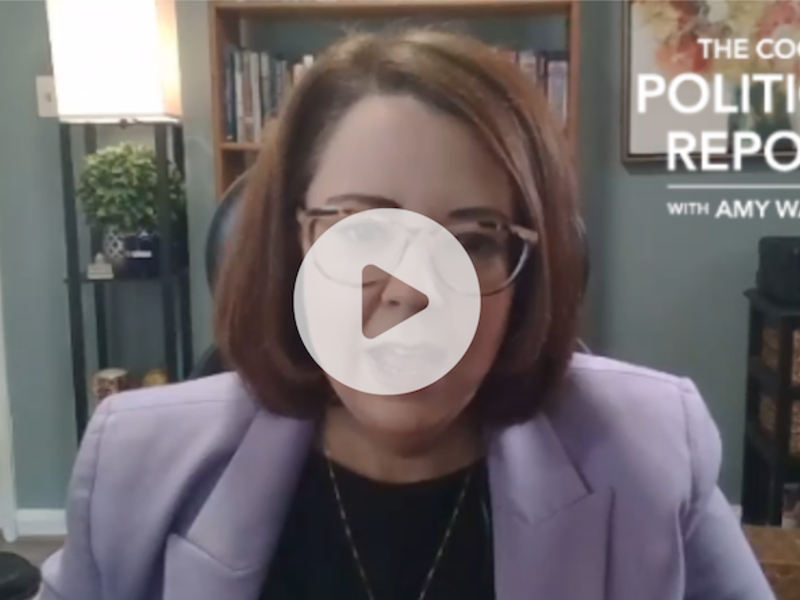
One of the more interesting changes in U.S. politics in recent years has been the increasingly parliamentary nature of voting behavior. Fewer people are straying beyond their party affiliations, we are seeing more straight-ticket voting, and the characteristics of individual candidates mean less than ever. Entering this 2016 presidential cycle, the phenomenon presents a real challenge to Republicans, who are lagging behind in party affiliation—a fact of no small importance, given that roughly 90 percent of voters cast their ballots for the party that they personally identify with. Earlier this month, the Pew Research Center drew on its vast storehouse of national polls and released a survey of the state of Americans' party affiliations that is well worth looking at. Pew examined 25,100 interviews conducted in monthly surveys over 2014; that's important, because aggregating massive samples like this allows closer examination of smaller blocs of voters than the usual sample of 1,000 or so. Some findings are unsurprising, including which groups tilted most heavily Republican in identification (which means they either identified outright as Republican or said they were independent










Subscribe Today
Our subscribers have first access to individual race pages for each House, Senate and Governors race, which will include race ratings (each race is rated on a seven-point scale) and a narrative analysis pertaining to that race.